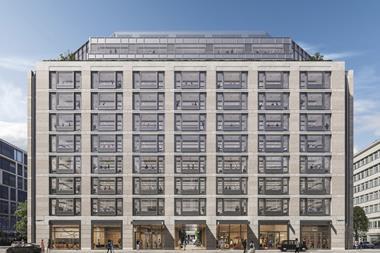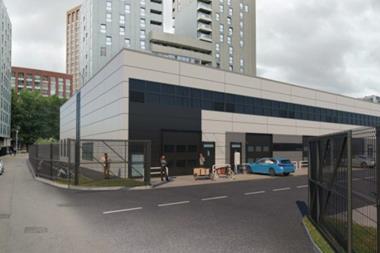London has emerged as the most expensive city in the world for companies to base their employees, research from Savills has revealed.

The report found that the cost for an employee to live and work (based on the cost of renting residential and commercial space) in the UK capital was $118,085 (£76,184) a year. Hong Kong, which came second in the list, totalled $113,019 per employee per year.
Of the 12 urban centres studied, Chicago and Shanghai were found to be most economical, recording a live/work cost of just $46,588 and $43,729 per employee, per year respectively.
The report, 12 Cities, found that the technology industry is on the rise in all the cities surveyed. According to the findings, the traditional financial and legal districts were no longer those experiencing the highest leasing activity, nor the highest growth in rental levels.
“Tenants have ceased to be just from the financial industry, and we’ve been catering to that particular type of tenant and the investor who wants to buy that type of building,” said Yolande Barnes, the report’s author and director of world research at Savills.
“But what’s happened is that human capital is now as important as financial capital. It’s about the people who work for the company and attracting them to the right places.”
Demand for ‘creative space’ is rising and office rents are outstripping those for financial space in all the cities except Moscow.
The report also found that the best cities had a variety of districts, catering for a wide range of occupants. US cities were re-emerging, it added, with New York and San Francisco being the most successful at attracting talent, while Miami was welcoming research institutes in medical and life sciences. In London, the technology, media and telecommunications sector accounted for 32% of take-up in the West End alone - significantly ahead of the five-year average of 24%.
However, it warned, the dollar was becoming the currency of choice for real estate investors and the appetite for euro-denominated assets was being “impaired by the ongoing saga within the European Union and the threat of a Greek exit”. Investors could therefore miss out on the recovery in key European markets, such as Dublin, in the Republic of Ireland, it said.
































No comments yet